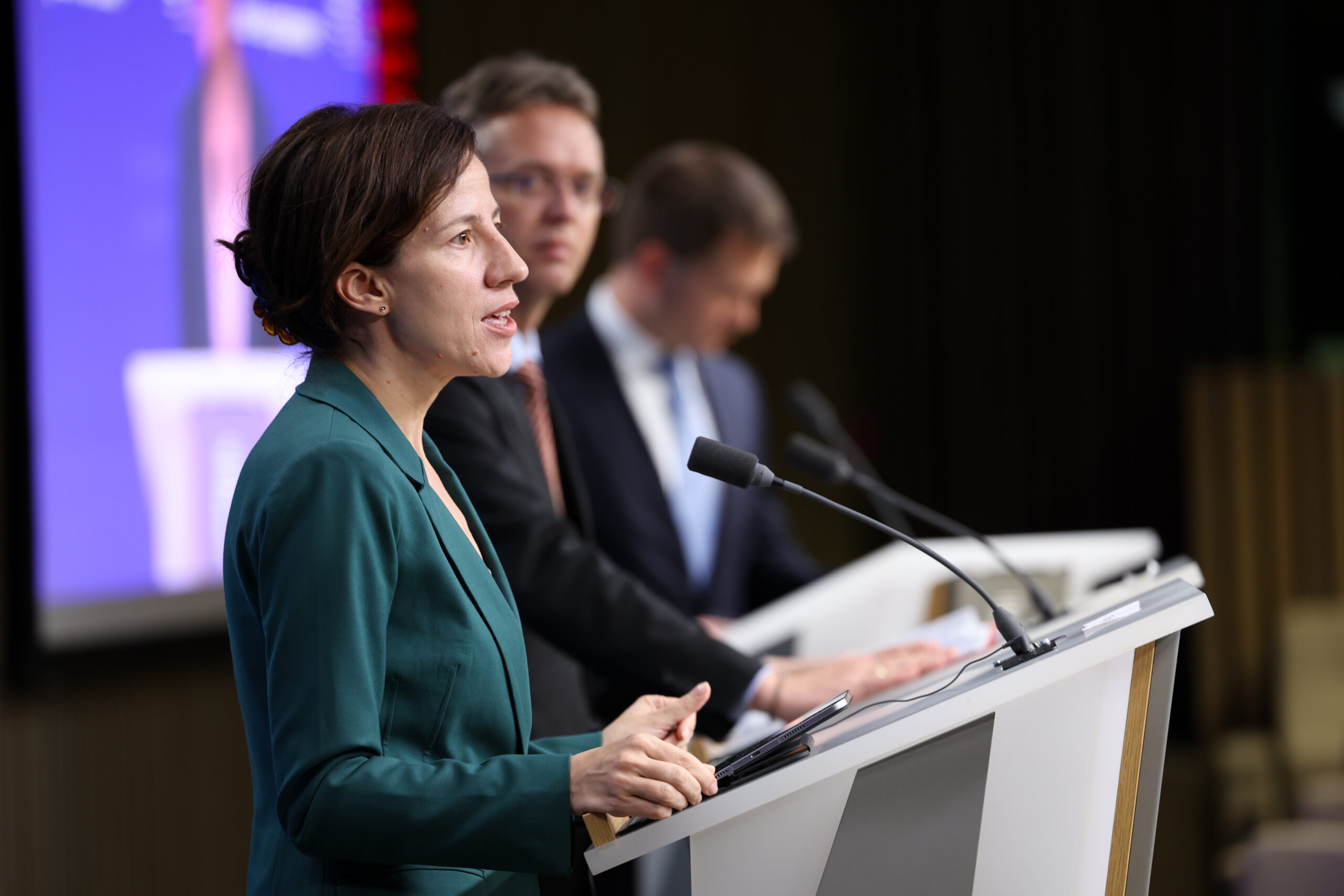Brussels – The over 4 million young Europeans classified as trainees each year can rest assured: for now, EU member states are in no hurry to come to their rescue and end the plague of free internships. The 27 member states are not following up on the European Commission’s Mar. 20, 2024 proposal. They are passing the hot potato to the next rotating presidency of the EU Council, which Poland will hold starting in the new year.
Ministers from EU countries meeting at the Employment and Social Affairs Council in Brussels addressed the issue yesterday (Dec. 2). The 27 member states were supposed to adopt a common position on the proposal of directive put forward by former commissioner Nicolas Schmit that would establish the general principle that a trainee is equal to a worker, and therefore entitled to be paid, union representation, and social protection. The European Commission, aware of the resistance it could have generated, ruled out imposing a minimum wage for trainees, which would remain up to national authorities, which are, however, required to guard against the practice of undeclared work and to conduct audits.
On the table of the 27 member states, the Hungarian rotating presidency of the EU Council presented a proposal that overturned the much more ambitious original version of the European Commission. It raised doubts about the role of impartial mediator that the country holding the six-month rotating presidency of the EU should play. The European Commission’s newly appointed executive vice president in charge of labor and skills, Roxana Minzatu, spoke out clearly against Budapest’s compromise proposal, saying that the text “distorts the initial objectives of the Commission’s proposal.” Among the concerns, the EU commissioner denounced the reduced scope of the directive, which would cover only 22 percent of traineeships.
It was too little to address the 60 percent of European trainees who work for free each year. A blocking minority of countries, led by Spain and Germany, rejected the Hungarian proposal. In favor, however, were France and Italy, with the deputy ambassador, Stefano Verrecchia, calling the text proposed by Budapest “clearer and more focused.” Rome’s position was harshly criticized by Mario Furore, a 5-Star Movement MEP, who accused the Meloni government of “turning its back on young people,” pointing out that the draft supported by Italy “removed the obligation of remuneration for all traineeships and reduced the scope of the directive itself, effectively making it an empty shell.”

“Although the Council shares Parliament’s view that this is an important issue, Member States are divided on how best to ensure the protection of interns,” the Hungarian presidency stated. It was the European Parliament, which in June 2023, loudly called for an end to free internships and gave input to the European Commission to draft the directive.
According to Budapest, “preparatory talks” among the diplomatic corps of the 27 member states reportedly revealed that the Hungarian proposal was a kind of maximum common denominator, “the maximum that the majority of member states could accept.” It even said that some capitals would have wanted “further exemptions,” while, at the same time, other member states “would have wanted a much more detailed and less flexible directive.” Thus, at the end of the debate, the Hungarian Minister of Economy, Marton Nagy, noted the Council’s division over the compromise proposal and deferred the dossier to the upcoming Polish presidency, with its “best wishes” to the colleagues in Warsaw to succeed in untangling a truly tangled knot. Yesterday’s was already the fifth compromise proposal by the Hungarian Council presidency.
Poland will have to seek a fresh start, beginning from the words of Minzatu. “It is essential to ensure that traineeships in the future are aligned in terms of quality with other jobs, and thus that trainees are on an equal footing with other employees,” she warned during a press conference on the sidelines of the EU Employment Council. Meanwhile, work has also begun in the European Parliament. The Committee on Employment and Social Affairs (EMPL) took over the dossier: the rapporteur, Spanish socialist Alicia Homs Ginel, is meeting with stakeholders. European Parliament sources confirmed that the plenary session vote on the position with which to start inter-institutional negotiations would not be before next spring.
English version by the Translation Service of Withub
![[foto: Wikimedia Commons]](https://www.eunews.it/wp-content/uploads/2024/03/Training_Facility-350x250.jpg.webp)




